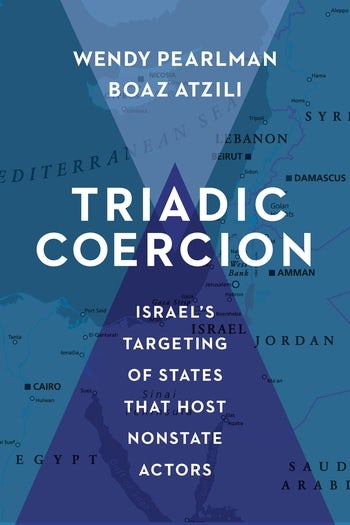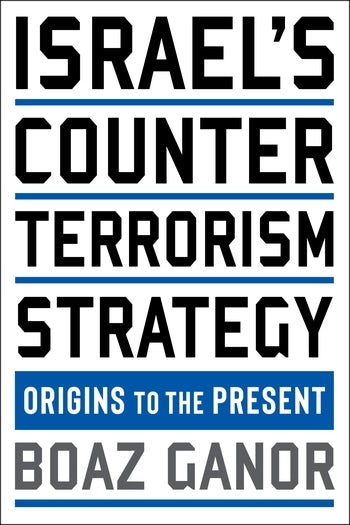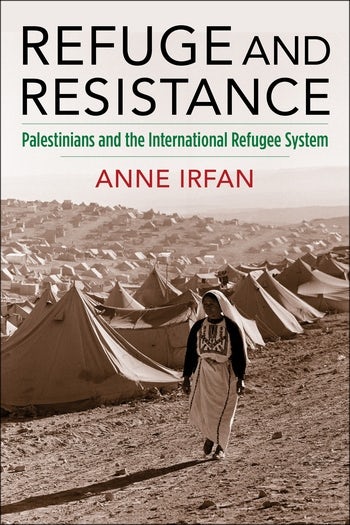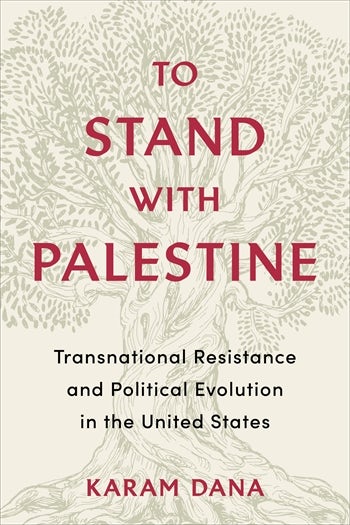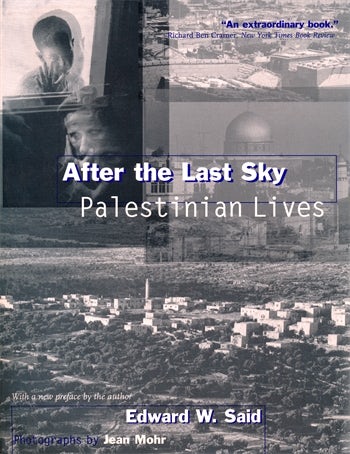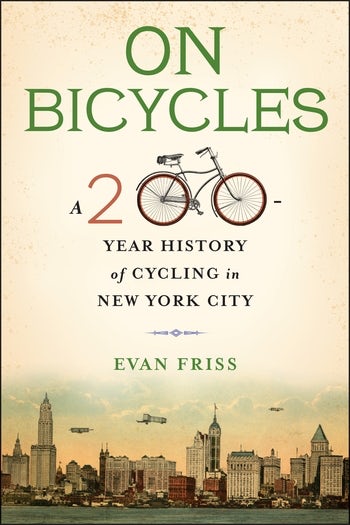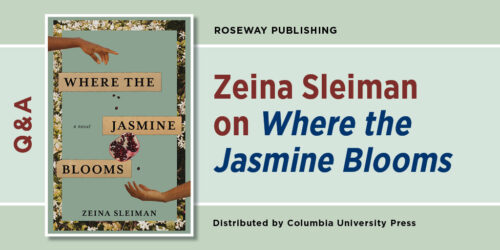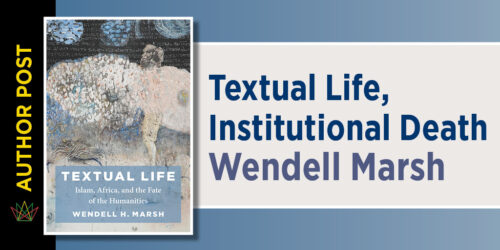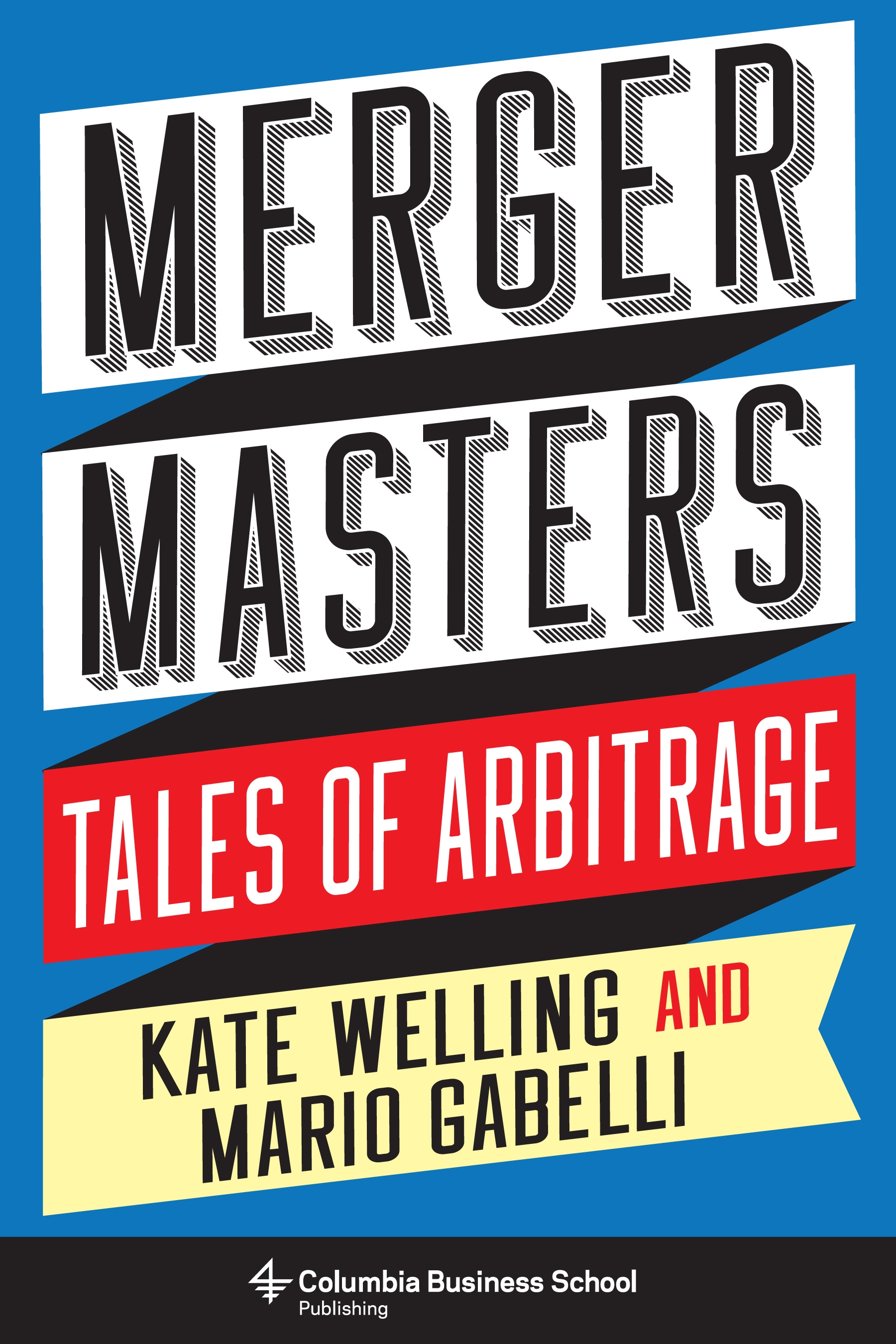Caelyn Cobb on Stepping UP for Turbulent Times
Making Sense of the Israeli-Palestinian Conflict

As Columbia University Press’s global politics editor, I’ve always found my work’s relevance to global conversations to be a double-edged sword. I’m proud to publish smart authors whose books are read by current and future world leaders. And yet, the times when my books and authors become broadly relevant are often turbulent times in the world, times of war, suffering, or natural disaster.
When I joined the press as an editor in 2017, I took on the stewardship of longstanding, award-winning lists in Middle East studies and terrorism. Ever since Hamas’s attack on Israel on October 7, 2023, the ensuing war has weighed heavily on my and my authors’ minds. The conflict has led to over 44,000 confirmed Palestinian and Israeli deaths, with 90% of Gaza’s population displaced, well over 100,000 Palestinian and Israelis injured, and the possibility of an additional 60,000 people estimated to have died in Gaza due to starvation and disease. Over a year later, approximately 60 living Israeli hostages out of the 250 initially taken are believed to still be in Hamas custody. Meanwhile, the war continues to spill out into a wider regional conflict with groups in Lebanon and Yemen, as well as the state of Iran, with no end in sight. It is a global conversation that none of us wish were happening.
Nevertheless, I am comforted by the fact that I am surrounded by the work of so many important writers, past and present, who have thought deeply about the origins of the Israel-Palestine conflict and potential ways forward. In Columbia University Press’s 130-plus year history, we’ve published countless books about the strife in the region, with many more on the way. Here are some of the ones that have helped me make sense of the current war and hold out hope for the future.
The Holocaust and the Nakba
A New Grammar of Trauma and History
Edited by Bashir Bashir and Amos Goldberg. Foreword by Elias Khoury. Afterword by Jacqueline Rose.
This book brings together Arab and Jewish thinkers to discuss the commonalities of their historical traumas, which have animated the Israel/Palestine conflict for generations, and to consider about how a shared understanding can lead to peace. Scholars often say edited collections are meant to facilitate conversations and move a discourse forward, but those promises are not easily fulfilled. This one, though, goes above and beyond, and the result is not just a dialogue–it’s the creation of new forms of thinking.
Triadic Coercion
Israel’s Targeting of States That Host Nonstate Actors
Wendy Pearlman and Boaz Atzili
Not many political scientists were surprised that the Israel-Hamas conflict quickly expanded to include Lebanon, Iran, and Yemen. This book explains why Israel sought to attack other countries hosting or supporting insurgent groups aligned with Hamas, like Hezbollah, and explores why this has been a go-to strategy for Israel for nearly the whole life of the modern state despite not always being an effective tactic.
Israel’s Counterterrorism Strategy
Origins to the Present
Boaz Ganor
This entry into Bruce Hoffman’s acclaimed Columbia Studies in Terrorism and Irregular Warfare series is one of the most authoritative accounts of counterterrorism policy in Israel. Essentially an oral history of several generations of counterterrorism regimes, it gives unique insight into the Israeli government’s motivations, history, and decision-making in anti-terror operations.
Refuge and Resistance
Palestinians and the International Refugee System
Anne Irfan
This book is a history of the founding of UNRWA, the UN body established to help Palestinian refugees after the partition in 1948, and it explores how the Palestinian refugee community has been involved in preserving the fight for Palestinian statehood from 1948 to the present. Throughout the course of the 2024 war in Gaza, Anne Irfan has been an insightful voice on the history and politics of Gaza; you can read some of her commentary in The Nation, The Conversation, or on our blog.
To Stand with Palestine
Transnational Resistance and Political Evolution in the United States
Karam Dana
In the United States, one of the more interesting developments in the past year had been the unprecedented levels of popular support for Palestine among the public, particularly among younger Americans. This forthcoming book examines why that change has come to be, tracing the transnational activism from Palestinians that helped create this change in public opinion in the United States.
After the Last Sky
Palestinian Lives
Edward W. Said. Photographs by Jean Mohr
Palestinian Columbia professor Edward Said is one of the most celebrated modern scholars of postcolonialism and the Middle East. This book, first published in 1999, is a Columbia University Press classic, and features poignant photographs of Palestinian life in exile alongside Said’s commentary and recollections of his own experience.
Categories:AUP Blog TourAUP WeekInternational RelationsMiddle East StudiesPoliticsReading ListUniversity Press News
Tags:After the Last SkyAmos GoldbergAnne IrfanArabAUP Week 2024Bashir BashirBoaz AtziliBoaz GanorCaelyn CobbEdward SaidGazaHamasHezbollahIranIsraelIsrael-Hamas warIsrael's Counterterrorism Strategy: Origins to the PresentJewishKaram DanaLebanonPalestinePalestinian refugeesRefuge and ResistanceStay InformedThe Holocaust and the NakbaTo Stand with PalestineTriadic CoercionUNRWAWendy PearlmanYemen


